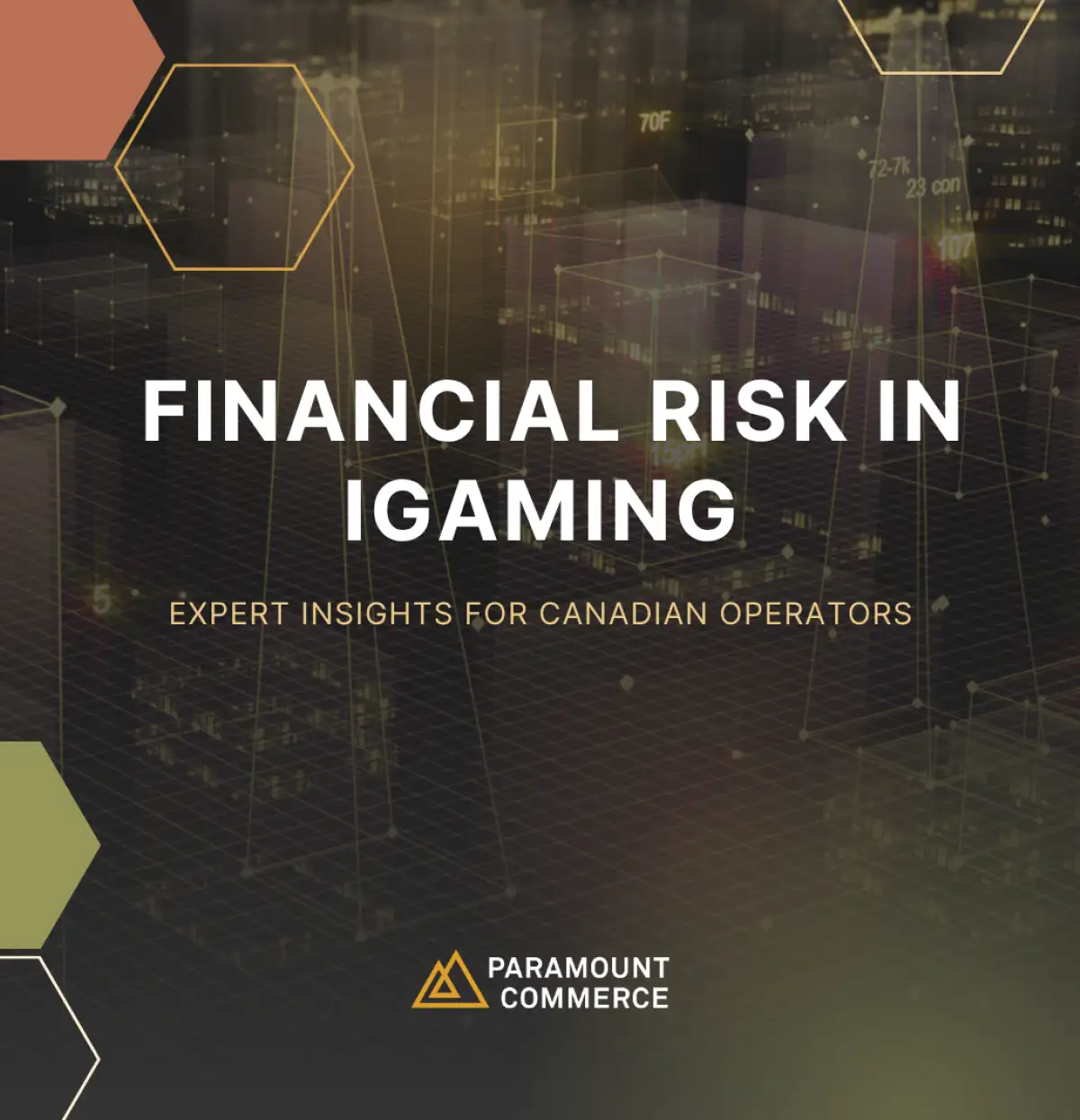Managing Financial Risk in iGaming: Expert Insights for Canadian Operators





As Canada’s iGaming market continues to grow, particularly in Ontario, so too do the financial risks and compliance challenges operators face. We sat down with Ian Messenger, CEO of the Association of Certified Gaming Compliance Specialists, who recently led a Council of Europe workshop on iGaming risks in Armenia. He shared lessons that are just as relevant here at home.
Unlike traditional casinos, iGaming operators don’t get the benefit of face-to-face interaction. “We're going off data alone,” said Messenger. This makes Know Your Customer (KYC) protocols and ID verification absolutely critical, especially with the rise of AI tools such as ChatGPT creating synthetic IDs that can fool automated systems.
Messenger emphasized the importance of sanctions screening. When geopolitical tensions rise, so do the risks. “Overnight, 500 new names were added to the sanctions list when the Ukraine war broke out,” he noted. Canadian operators must remain vigilant.
In Ontario's young and competitive iGaming market, Messenger warns that compliance is often wrongly seen as expendable. “That’s a real challenge—not just for licensing, but for actually knowing your customers and understanding the risks,” he said.
Exceeding compliance standards doesn’t have to mean massive investments. Messenger advocates for open-source intelligence (OSINT)—publicly available data like Google searches or social media activity. It’s a powerful way to verify or challenge information provided by users.
“Search a patron’s name plus the word ‘crime’—you might find a police press release or something else that doesn’t match up with what they told you.”
One of the biggest gaps in Canada’s iGaming ecosystem? Operator-to-operator communication. “Right now, a flagged patron can simply go to the next operator with a clean slate,” Messenger said. He argues for a non-commercial, private forum where operators, regulators, and law enforcement can share intelligence safely.
While privacy laws in Canada are strong, Messenger believes there are ways to share thematic or risk-related information responsibly. “The financial sector has done this successfully. There’s no reason iGaming can’t follow suit.”
Messenger closed with a warning: economic pressures on both operators and patrons will grow. And with that comes increased vulnerability to fraud and financial crime.
“Tough economic times often drive people to exploit systems like iGaming. We’ll need to monitor not just who our customers are, but how they’re changing.”
For Canadian iGaming operators, the next phase of growth isn’t just about more users—it’s about smarter compliance, cross-industry collaboration, and a deeper understanding of financial risk. As Messenger put it: “It’s a conversation. And it starts now.”
Fintech trends and insights,
explained in 5 minutes or less

Fintech trends and insights,
explained in 5 minutes or less
